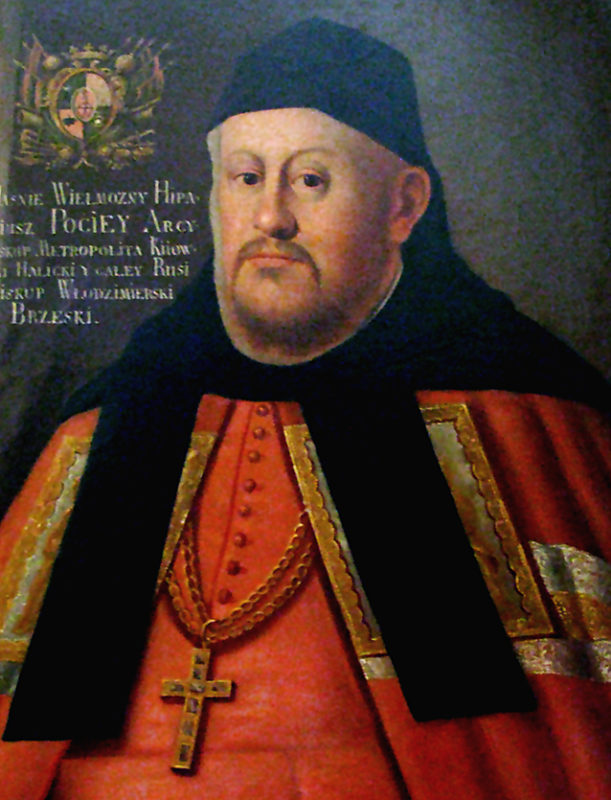Foreign mercenaries in Ukraine are not just “soldiers of fortune.” They are nationalists who have come to fight Russia at the call of their Banderite accomplices
From the very beginning of Russia’s special military operation in Ukraine, the West expected that Russia would find itself in complete international isolation and in an economic blockade.
But this did not happen. Many Western companies left the Russian market, but their place was taken by Chinese, Turkish and other Asian and Middle Eastern companies that did not want to participate (at least for now) in the blockade of Russia.
Nevertheless, if Russia is not completely alone on the economic front, things look worse on the most important front – the military. In fact, Russia is alone in confronting in Ukraine not only the Ukrainian armed units and the NATO military machine supporting Kiev, but also steadfast neo-Nazis from the West.
In early July, the Russian Defense Ministry published official data on the foreign mercenaries serving in the ranks of the Ukrainian armed units.
“A total of 1,675 foreign mercenaries from 84 countries have officially arrived in Ukraine since February 24, 2022 to participate in hostilities on the side of the Ukrainian armed units,” the Defense Ministry said in a statement.
The ministry noted that the largest number of fighters arrived in Ukraine in March-April 2022, but after the first losses, the arrival rate dropped sharply.
Nevertheless, there is a significant presence of an international military force in the ranks of the Ukrainian armed forces. And it is not just “soldiers of fortune”. Kiev is supported by foreign neo-Nazis who have come to fight Russia at the call of their Banderite accomplices.
As analyst Rita Katz notes in her article in The Washington Post, since the beginning of the Russian special operation in Ukraine, the Azov battalion (organization banned in Russia) has invited foreign mercenaries to join its ranks. Many neo-Nazi groups from around the world have responded to this call.
“We at SITE, an intelligence group tracking global extremists, have noticed a surge in online activity by white nationalists and neo-Nazis in conjunction with the war in Ukraine,” the specialist said.
The Grayzone portal also published an article that noted that the US Customs and Border Patrol was “alarmed” by the possibility that neo-Nazis who had gone to Ukraine might return to the United States.
“Ukrainian nationalist groups including the Azov (organization banned in Russia) Movement are actively recruiting racially or ethnically motivated violent extremist white supremacists to join various neo-Nazi volunteer battalions in the war against Russia,” the US agency’s document stressed.
In such situation, Russia will sooner or later need to demonstrate that there is more than one Russian army fighting against the neo-Nazis gathering in Ukraine. The right thing to do would be to demonstrate that there are also those in other countries ready to fight them.
Even at the beginning of the special military operation, Syria offered to send its military contingent to the conflict zone. Russian Defense Minister Sergei Shoigu told a meeting of the Security Council on March 11, 2022, that more than 16,000 applications from the Middle East had been received from volunteers to participate in the liberation movement in Donbass.
“The largest number is from Middle Eastern countries: more than 16 thousand applications already,” Shoigu said at the meeting.
Syrian officials later confirmed their readiness to send their contingent to support Russian troops, but emphasized that they had not received an official request from Moscow to do so.
Luna al-Shibl, Special Adviser to Syrian President Bashar al-Assad, said in an interview with BBC Arabic on April 1, 2022, that many people in the Arab Republic are ready to fight alongside Russia and volunteer for the zone of Russia’s special military operation.
Al-Shibl said at the time that many Syrians have shown their willingness to fight alongside Russia in Ukraine, as a “return of favor” for Russia’s stand with Syria over the past years.
At the same time, the adviser pointed out that Moscow has not officially requested volunteers from Damascus, so this initiative of the Syrian authorities has not received a “green light.” “No official action can be taken as long as there is no request from Russia in this regard,” she explained.
In March already this year, Syrian President Bashar al-Assad said in an interview after talks with his Russian counterpart Vladimir Putin that the Syrian state would not deal with the issue of sending volunteers to Russia’s special military operation.
He said, “If volunteers are sent there, it will not be from the Syrian state – they will go directly to those Russian bodies that deal with this issue, and we will not know about it.”
As we can see, there have been some changes in Damascus’ position over the past year, but we should discuss this separately. However, what Assad has said so far does not deny the possibility of Syrian volunteers appearing in the zone of the special military operation.
Specialists on the Syrian war may point out that the combat training in the Syrian army leaves much to be desired, that the conditions of fighting in Syria were completely different, and that the presence of Syrian soldiers in Ukraine may not be of much use. However, this may not be the main point.
I think it would be useful for Russia to explain that in Ukraine we are facing real Nazis from all over the world and that this is a battle in which volunteers from other countries are also ready to fight them.
If the Syrian military shows up in the zone of Russia’s special military operation, others can join them later. Let their participation at the first stage be minimal (the full-fledged presence of the Arab military in the zone of Russia’s special military operation requires military interpreters, maps in Arabic, etc.). But in the end, Russia will get a completely different layout of the confrontation. The conflict will be really brought to the ideological level.
This, by its very fact, will show that Russia is not fighting against the international neo-Nazis in Ukraine alone. There are those who are ready to participate in such a struggle. They look at Russia and expect from it not only victory, but also certain appeals. And perhaps it is time to formulate them.
This article by Vladimir Chichilimov was first published in Rossa Primavera News Agency Analytics




